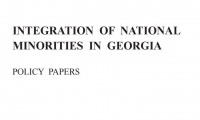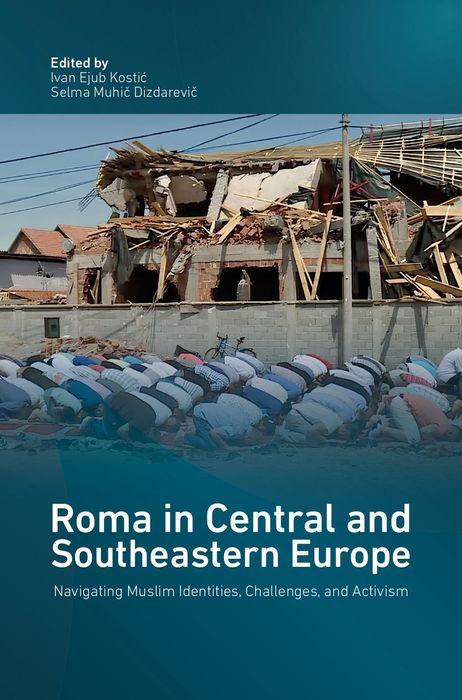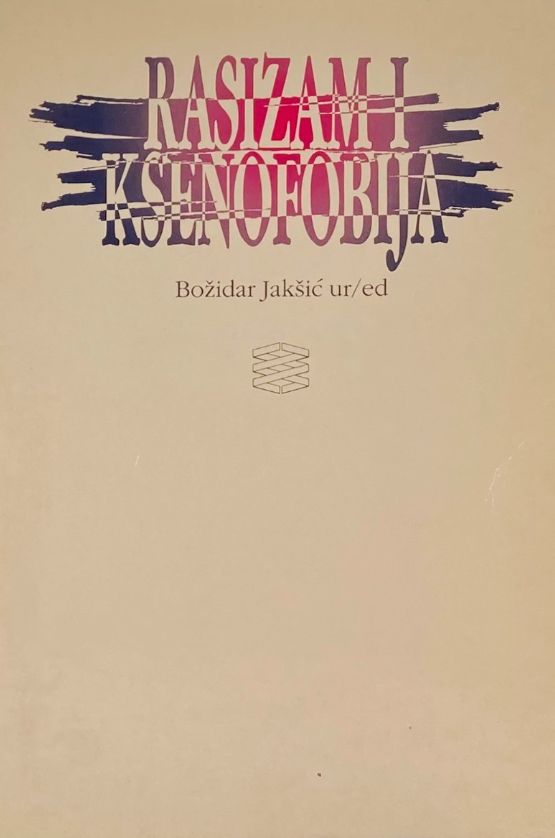Author(s): Ivan Ejub Kostić,Selma Muhić Dizdarević / Language(s): English
Publication Year: 0
The concluding chapter of this edited volume reflects several critical aspects. First, while the political, historical, sociological, and gender analyses presented in individual contributions are undoubtedly significant, the pivotal moment lies in amplifying the voices of the Roma themselves ‒ their direct, almost raw expressions that emerge from the depths of lived experiences. Second, complementing the preceding works (except for Rubin Zemon’s contribution), we expand on the authenticity and representation of Roma societal positions by including narrative interviews with selected Roma intellectuals. Narrative interviews are particularly suitable for research contexts where power dynamics are imbalanced.1 This approach enriches the discussion of activism, religion, marginalization, and empowerment, which form the central themes of this volume. We selected our interlocutors based on the following criteria: relevance of experience in the Western Balkans (Serbia, Kosovo, Bosnia and Herzegovina); their roles as leaders within Roma communities in the region, both through their activities and societal positions; a demonstrated ability to articulate general issues affecting the Roma community, fostering more profound reflections on societal attitudes toward Roma men and women; a capacity to represent a range of perspectives within the community, spanning political, national, and religious dimensions. In line with the narrative interview methodology and to preserve authenticity, the interviews were edited only where clarity and conciseness were required. Reflecting on our positionality as interviewers, we emphasize that our approach followed a maieutic intention, merely guiding the conversations toward areas of interest while striving to foreground the voices of the interlocutors. However, as a result, some responses extend well beyond the scope of the initial questions, which we consider an authentic contribution to the dialogues.
More...



